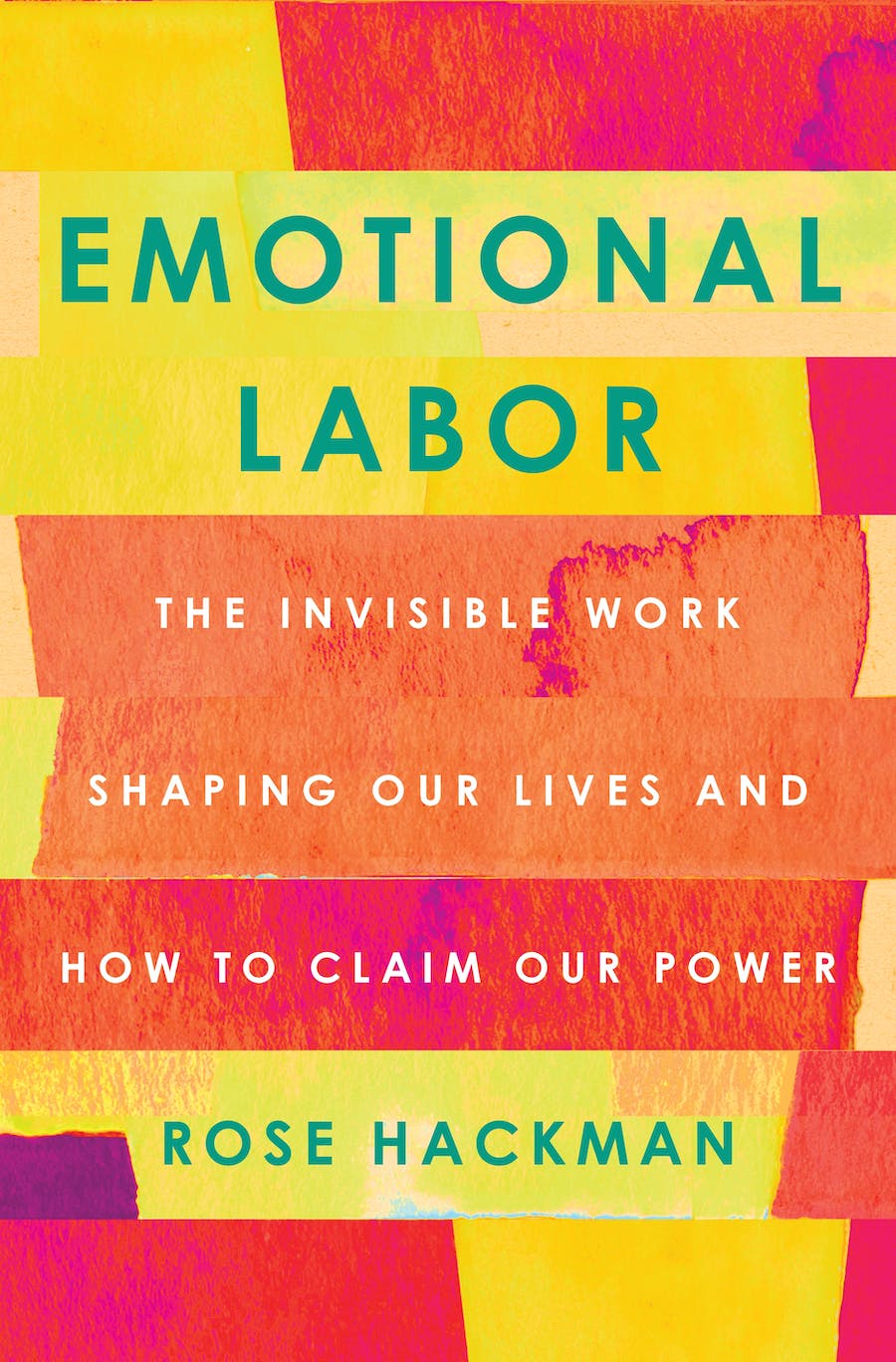I lost my mother in April, and though we’d spent the last few weeks of her life sharing a peaceful hospice experience together, her death marked a paralyzing separation from the only life-partner I’d ever known. For the first time in my life, I was not only motherless, I was suddenly and very autonomously doing the emotional labor of both of us.
But the greatest irony is how unaware of it I was. Not only had I become the sole caregiver to my disabled son, I assumed the role with more compassion than before, and without the sympathy from the only other human who knew how exhausting the job of caring for him could be.
I also experienced academic and creative success after my mother’s death. I was directing a nonprofit, creating a new poetic medicine program for veterans, and launching a new journal at the university, all of which was gratifying, but all of which cost me an immense of amount of emotional labor, not to mention the emotional labor that I was investing into a new romantic relationship (that recently ended after 1.5 years). Most days, the grief stalked me, but there was something else going on that I’d never been fully cognizant of before—the compounding emotional toll, which eventually becomes unbearable, and the inevitable breakdown can be even more life-changing than the cataclysmic event that landed you there.
Thus, all of this has led me to reflect on expectations, from the ones that society imposes on women from adolescence onward to the ones we impose upon ourselves. As a medical humanist, it’s left me wondering when, if ever, the healing begins, especially for historically underrepresented, underpaid groups who are doing more than their share of our society’s (and their family’s) emotional labor.
One paper has gone so far as to call the emotional labor done by women in leadership a gendered “performance.”
…for men, being perceived as competent and confident were the two ingredients that led them to gain influence and rise up…But for women, these two attributes were insufficient for career advancement…they needed to also possess and display what is known in organizational psychology as “prosocial orientation,” [which] consists of those communal attributes often associated with the female gender: being other-oriented, concerned, and considerate of others’ interests, as well as the company’s interests, being sweet, caring, nurturing, and expressing thoughtfulness. Performing comforting stereotypes of womanhood was found to be an additional, implicit requirement for women to achieve success.
In other words, doing their job was not enough. There was an extra layer of work required for them: they had to perform emotional labor.1
Though the paper doesn’t explore circumstances beyond the workplace where emotional labor could be even greater, it gives credence to the theory that “emotional labor overload” is a real condition, one that’s rarely offered up as a catalyst for withdrawal, depression, and other mental health concerns in underrepresented/marginalized groups. Like so many gender and identity-based disparities in our society, this one is systemic in nature; thus, it’s not easily rectifiable.
Maybe this seems like an overstated and under-substantiated conclusion, but in this, the year of my mother’s death, I’ve learned that the guilt, pain, and grief live on long after the loss, taking up residence in your body and brain, and you need emotional energy to forge a new relationship with them (and yourself).
I’m not suggesting that women or other marginalized people should stop expending emotions in their quest for leadership roles and/or professional success, but perhaps this is something that we should be reflecting as we enter a new year…and before a life-changing crisis leaves us wondering where our emotional reserves have gone. Maybe Rose Hackman’s well-reviewed and long-overdue book entitled Emotional Labor: The Invisible Work Shaping Our Lives and How to Claim Our Power, should be at the top of our reading list in 2024.
1 Laura Guillén, Margarita Mayo, Natalia Karelaia. Appearing self-confident and getting credit for it: Why it may be easier for men than women to gain influence at work. Human Resource Management, Volume57, Issue4, September 2017. https://doi.org/10.1002/hrm.21857

